Original published in Canadian Woman Studies in the Fourth Fiction Issue, 2013.
Sunday, October 19, 2014
The Wallflowers
By
Joan M. Baril
The
band starts and the bride and groom swing on to the floor. Colleen is sitting
beside her Aunt Joyce at the family table, her hands on her lap clutching her
evening bag. She’d rather be anywhere else, anywhere in the world, but you
can’t skip out on your sister’s wedding.
Or can you?
At
the head table, the best man bows out the maid of honour. The ushers,
fulfilling their roles, partner the other bridesmaids. The six young women wear
sleeveless green silk with trailing white ribbons. A swirling forest waltzes to,
“You Light up My Life.” The blond bride, green piping on white satin, glows in
the centre.
Typical Dorion staging, thinks Colleen. Her
sister’s voluminous 1980’s gown matches her passion for retro music.
She
sees Sam Fellows, the groom’s cousin, walk over to the far wall where her
brother Guy is talking to three or four other men. They’re colonizing a wall,
she thinks, just like high school. A black and white male phalanx stands in
front of the bar, facing the dancers. She knows most of them, went to school
with many of them, is related to a few, but she knows none of them will ask her
to dance. They never do.
Her
mother and her new step-father stand up for “Chantilly Lace.”
“Your
flowers are wonderful, Colleen,” her mother says. “Unbelievable.” Her
step-father, Max, nods in agreement. They jive into the crowd.
Aunt
Joyce speaks in her ear. “The way you got itty-bitty rose buds twining around
the cake. Magic! What’s the variety?”
“A miniature,” Colleen tells her. “A
polyanthus rose called “The Fairy.” Very floriferous,”
“Just a minute. I’m going to write
that down.” Aunt Joyce scrambles in her evening bag for a miniature note book
and pen. But before she can open the tiny book, Mr. Fellows, the groom’s father,
approaches. He holds out his hand to Aunt Joyce who pulls herself up, flushing
with pleasure. Even when you’re seventy-five, it seems, you still love to
dance.
She’s
now alone at the table. The floor is crowded, mainly with married couples. A
waiter comes by with champagne and she takes a glass for something to do. As she
watches the dancers, tapping her toe to “Pretty Woman,” she keeps her eyes away
from the groom who seems to be dancing with each bridesmaid in turn. Alex
Fellows. Too good looking. Too nice. Ah, she thinks, lucky Dorion. Lucky
Dorion.
She
stands. The familiar feeling of failure engulfs her and she has to get out.
Like wallflowers everywhere, she’ll go to the restroom. Her Uncle Leon waves
her over, takes her hand and praises her table arrangements: posies of sweet
William and baby’s breath. If he were not crippled with arthritis, she thinks,
she’d ask him to dance.
In
the corridor, she stops. Other unattached women will have collected in the
restroom by now, putting on makeup, chatting and wasting time before going back
to dance with each other. As the evening progresses, they will start on the
shooters. Some will get drunk.
The
coat room is on Colleen’s right. Her shawl’s in there and also her cloth bag
with her secateurs, her packets of flower preservative and the low-heeled pumps
she wore when she came an hour early for a final flower tweak. She goes in,
slips the high-heeled torturers off and the pumps on. Flinging the shawl around
her shoulders, she heads for the front door but stops again. The smokers will
be clustered outside. She slips to the far end of the hall into the kitchen.
Here, before the reception started, she soaked the bouquets, snipped and
clipped, tweezed and wired. She crosses the shadowy space to take the emergency
exit.
Outside,
at the back of the building, a single bulb lights the parking lot and the
dumpster by the brick wall. The music thumps through. “Mama Mia.” She weaves
among the cars to the sidewalk. She’s now an escapee. But not for long. If she
stays away more than thirty minutes, her family will notice, start asking
everyone, whispering with each other. “Have you seen Colleen?” She cringes to think of it.
The
last of a July sun splotches the asphalt, its warmth lifting out the pavement
smells, the garden smells from behind hedges and fences, the food smells from
narrow houses just putting on their evening lights. A faint breeze waltzes by
moving her silk skirt around her ankles. In the vanishing light, her dress
glows a peachy apricot, her favourite colour, the shade of certain martagon
lilies. She slip-steps, swinging her body, making the silk glimmer. Each front
yard holds a puddle of shadow and some sort of flowers. Happily alone now,
light footed, she dances along the sidewalk, mouthing, “Ob La Di, Ob La Da,
Life Goes On,” glimpsing shasta daisies, a row of cosmos, bleeding heart, a
dark line of monk’s hood.
It’s
ridiculous to be so sensitive at thirty years of age. It’s ridiculous to be
ashamed of being a wall flower. To be defined by male approval. She’d always
been a wall flower, even in high school. Why can’t she just sit, tap the toe,
enjoy the music? Why not dance with her girl friends; why wait for a male?
She
turns at Gratton Street, slows to walk up the hill. The street where she was
born. The old narrow insul-brick house hides behind a long glass veranda.
According to her mother, in 1978, a gang of hippies lived next door, coming and
going at all hours and playing the Moody Blues half the night. They must have
been the last hippies in Thunder Bay, she thinks. What would it be like to live
with a large group of friends, people filling the house with talk, the music
always on? No shortage of dance partners there. Shared dinners, she thinks, and
lots of laughter. She stares at the former hippie house, a brick three storey,
now dark with blinds drawn. The truth stares back. If she’d lived there, she’d
have been miserable.
Genes,
DNA, one’s early life, whatever. One’s fate. It designs your inner being, sends
you out and you follow its path, no matter how the world temps you otherwise.
Colleen’s
father died when her sister Dorion was four, her brother Guy a baby. She was
six, old enough to have vague memories of his tobacco smell, his prickly
unshaven face. When he came home from a trip north, he let her rub his whiskers
before he shaved them off. But she has no memory of the day his prospecting
buddy arrived on the porch and her mother fell screaming at the man’s feet. Yet
she was present, she’d been told later by Aunt Joyce. Luckily, her guardian angel
also incised the funeral from her brain, leaving behind some blurry shadows, a
few faces and voices, the smell of the carnations, the texture of their leaves.
Now,
when her relatives mention her father, they always say the same thing: he missed the big news. But she remembers it very well.
January 9, 1995, a sloppy day of winter thaw. She was seventeen and in Grade
Thirteen. After school, she sprinted home because a split along the sole of her
Wal-mart boots was sucking in water and she wanted to get home before her toes
froze. She’d not told her mother about the leaking boot. She dreaded the look
on her mother’s face, the brief sweep of despair before the smiling gloss took
over. “Don’t worry, Darling One, we’ll manage somehow.” The lilt in the words
always made her wince inwardly.
She
rushed up to the bedroom to change her soaking socks. Dorion sat at the tiny
dressing table painting her nails black to match her heavy black eye liner, her
black spiked hair, her black clothes and black lipstick all contrasting with
the multiple studs winking in her nose, ears, and eyebrows.
A shout from downstairs. “Colleen!”
Her mother home so early? “Dorion, come down now! Guy where are you?” She heard
the basement door open as her mother shouted down the backstairs to her
brother’s bedroom.
They gathered at the kitchen counter
in shock. Steaks? Their mother had brought home two large T-bones for dinner
and was now cutting them to fit the two battered fry pans. The steaks were
marbled with veins of pale yellow fat and had a distinctive smell, sweeter than
hamburger or stew meat.
“Where did you get them?” Colleen
whispered.
“Maltese’s Meats,” her mother said
gaily. “Steak is nothing. Get ready for the news, kiddos. The family train has
jumped its rusty track and we’re sailing the super highway.” She circled the
knife above her head, doing a little jig. In the other hand, she held an
inch-thick slab which she dropped into the smoking grease. “I’m quitting my job
at the radio station at the end of the month.”
Colleen
tried to speak, but couldn’t. Her mother had worked in the office of CXYY as
long as she could remember. A big squeeze of worry pressed her stomach.
“I’ve
signed up for an evening real estate course.” Her mother was pulling out
several containers of salad from a grocery bag, ignoring the looks exchanged
among her children. “You kids probably don’t remember but Dad left me his
mining claim in Gracie Township. You can’t get there, except by float plane.
But today, I learned the province is building a road to a palladium mine the
next township north. I saw the map. Hot news at the station. The road will
swing right by our lakes and I’m going to divide the land into cottage lots and
sell them all—rocks, trees, beach, swamp, the bleeding lot.” She set a slab of
brownies and a cheese cake in the middle of the table. “The market’s on fire.
Everyone wants a summer cottage and now they’ll get one. A dream cottage less
than ten miles from the city.”
“You’re going to sell my lake?”
Colleen’s sister wailed. Dorion Lake was
the largest of the four with islands and long beaches. Her lake, Colleen Lake,
sported a marsh at one end, or so she’d been told by Uncle Leon. She was sure
the swamp would be rife with wild orchids. She’d dreamed of flying in one day
after she started working and made some money. She’d camp there, canoe the lake
and catalogue the plants. Guy Lake was rocky with a spectacular cliff gracing
the far end. The lakes created a rough necklace of three, with her mother’s
lake, Kate Lake, behind the others. “The most beautiful,” her late father supposedly
had said, “and so I named it after my wife.”
“It’s not your lake, Dorion, dear,” her mother
said to her younger daughter. “The lakes are mine. But, I’m going to set up
trusts for you kids, splitting the money into four parts. After supper, I want
each of you to write me a list of the five things you need right away. I went
to the Royal Bank this afternoon and asked for a ten-thousand dollar loan.”
Colleen gasped at the others who both gasp back at her like beached whales.
“With those lakes as collateral,” her mother went on, “it’s a snap to be
approved. I’ll probably get the money tomorrow.” She threw some cutlery in a
heap in the centre of the table. “Nosh on, you lucky rich kids,” she said.
Colleen ate the steak and wrote her
list at the same time. She could not touch the salad or dessert. She didn’t
want to think about the bank loan or her mom leaving her job. She wrote:
1.
Don’t sell the marsh on my lake. There might be orchids.
2.
Snow boots
3.
A winter jacket
4.
A subscription to “Fine Gardening.”
5.
A dress for the Valentine’s dance.
She
had made herself believe if she had the right clothes, then, for once, she’d
enjoy the dance. Somone, perhaps a boy from her class would ask her to
dance. A hard but necessary lesson. The
dress did not deliver.
Dorion
tore up several lists. A week later she handed hers in.
1. An
Aljean kilt in Hunting Fraser tartan and short black velvet jacket.
2. Abercrombie
and Fitch clothes
3. A
cashmere pant suit – Ralph Lauren with Coach bag and shoes to match.
4. Hairdresser’s
for a cut and colour – white blond
5. Tommy
Hilfinger casuals with leather boots.
At
fifteen years of age, Dorion morphed overnight from a Goth to a Preppie.
Twelve-year-old
Guy had trouble with his list. It contained two items.
1. Downhill
skis.
2. Save
so I can go to medical school.
Now,
Doctor Guy Gathercole is off to Kosovo with the Red Cross at the end of the
month. Before her wedding, Dorion moved her boutique to the Internet. And
Colleen has a garden, a ten-acre paradise on land she bought from Uncle Leon.
She designed a small house jewelled with windows. She makes her living as a
hybrid: one who can photograph, paint, sketch and write about flowers. Slowly,
she too is morphing. She’s becoming an expert, seen in magazines and on TV.
She’s in demand.
But
not at a dance.
Once,
a year ago, when Dorion dropped by to get flowers for her shop, she’d asked
why. Her sister grimaced in embarrassment. “Guys are like weeds; they’re
everywhere,” she said. “You’re not half bad looking, Colleen. Someone will
drift by one of these days. But your problem is you’re too insular. You like
things the way they are.”
Colleen
almost said, “I don’t want to be insular. I want to be loved. I want to love. I
want to get married and have children, like normal people. Like you.” But she
felt her throat seize up. Each sentence seemed shadowed as if a parade of
perverse imps lurked behind them, refuting them. She’d bent to clip fulva
lilies and false spirea, filling two silver bowls, her hands shaking in
confusion.
Now, she walks back down the Gratton
Street hill to still more music from Mama Mia. “Waterloo.” She can hear people
singing along. She had a few boyfriends in university. She lived with Bruce
Bonnycastle her entire final year. He was a great dancer but he was too big for
the little apartment. He was always there: talking to her, including her,
making plans, asking her opinion, trying to make her come up for air, to be
present. She could not think, she could not read, she could not sketch or dream
or design in her head. Her brain closed down. For two weeks that spring, she
twisted in shame until she understood the extent of the waste, the travesty of
the relationship. She was living with him because that’s what women did. Women
had boyfriends. They moved in with the guy. They were together forever. The
thought gave her the horrors and so did the shame at her dishonesty to herself
but especially her dishonesty to him.
She
broke the news to him after the graduation dance.
Back inside, she slips on her heels,
repairs her hair and lipstick. The dance floor is crowded. The single women are
jiving up a storm. “Take a Chance on Me,” bellow the guests. The same men stand
and watch. Why don’t they dance with each other, she thinks, get out on the floor
and have some fun? It’s ludicrous, pitiful, laughable. Just as idiotic as she
is. She walks over to her brother Guy on his wall.
“I’d like to dance with you before
you go away,” she says ignoring his surprise. “Will you do me the favour?” They
float out to “Unchained Melody.” Guy dances like he skies or plays hockey, with
such grace he makes it look easy. Her apricot silk flares around her legs. Her
feet in the expensive heels move like delicate leaves caught by the wind. The
single women don’t dance to the slow music. Chatting and laughing, they head
for the tables or the bar. The bride and groom are nowhere around. She hopes
she’s missed the bouquet toss.
“I caught the garter,” Guy says in
her ear. “I’m taking it to Kosovo.”
“I’ll miss you,” she says. “I hope
the garter brings you a wonderful wife.” He laughs. The band segues, speeds
into “Dancing Queen.” Her mother waves during a complicated step. Colleen
decides that later she’ll ask her new step-father for a dance.
“Do you want a drink?” Guy says.
“No, I’m going to dance with Posie
and the other gals. Then I’ll come over and join you at your wall.”
Later,
at home in bed, watching the moon top up the garden, she remembers she almost
said, with the other wallflowers.
She’s glad she didn’t say it. Her body still feels energized but her mind is
melting into sleep, forsaking her thoughts about men, about women, about
herself.
She
thinks about her brother off to Kosovo, the bride’s garter tucked into his bag.
And she has a new brother-in-law, the handsome Alex. But he’s more than a
single person, she realizes. Alex’s entire family is now linked to hers,
tendrils emerging and merging, just as, a few years ago, the numerous kin of
her new step-father were slowly grafted on.
Sprawling
vines of connections.
She
turns over into a happy thought. Her
Aunt Joyce is coming to tea tomorrow. She’ll pick a special bouquet for the tea
table.
The
dark yellow lilies called Fata Morgana
are just moving into bloom.
Original published in Canadian Woman Studies in the Fourth Fiction Issue, 2013.
Original published in Canadian Woman Studies in the Fourth Fiction Issue, 2013.
Subscribe to:
Post Comments (Atom)





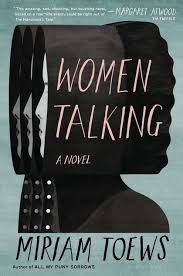
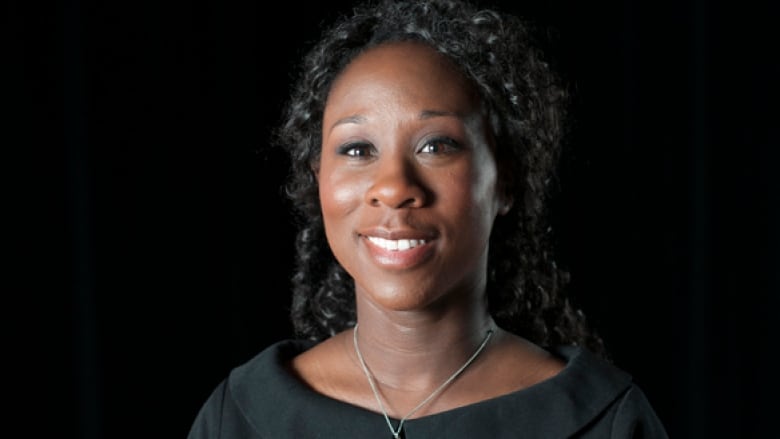
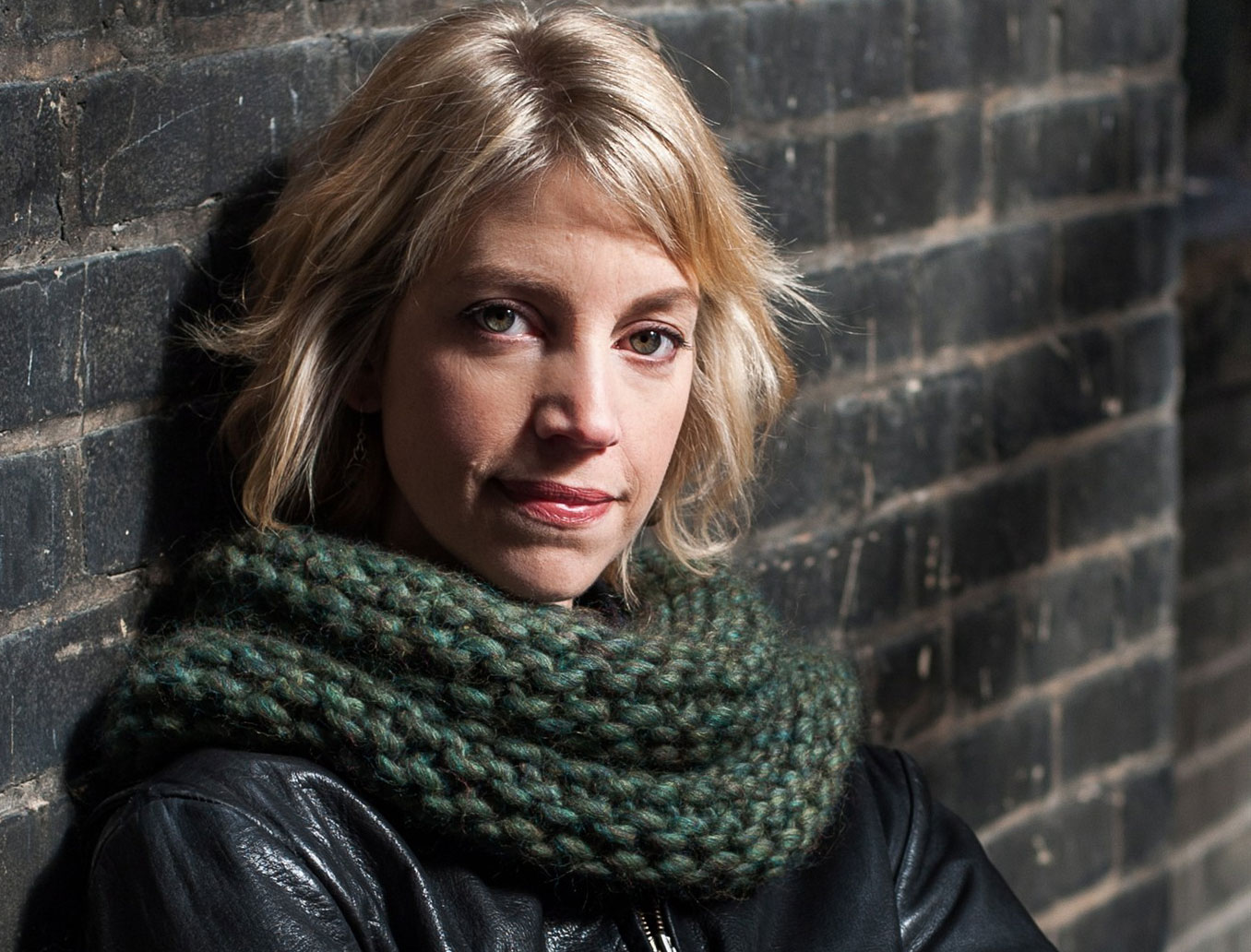

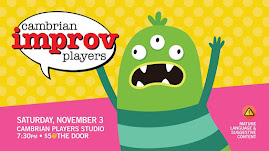

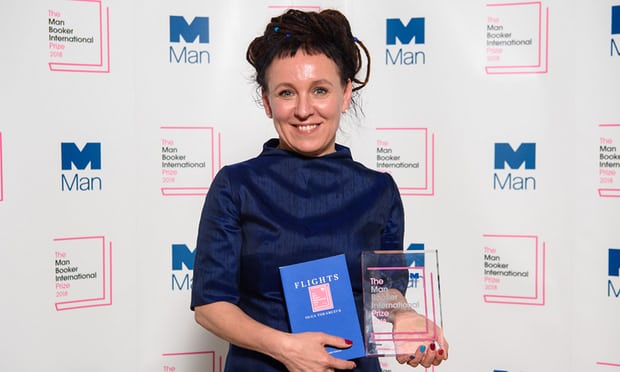

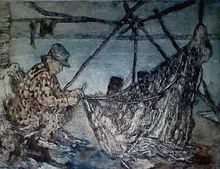

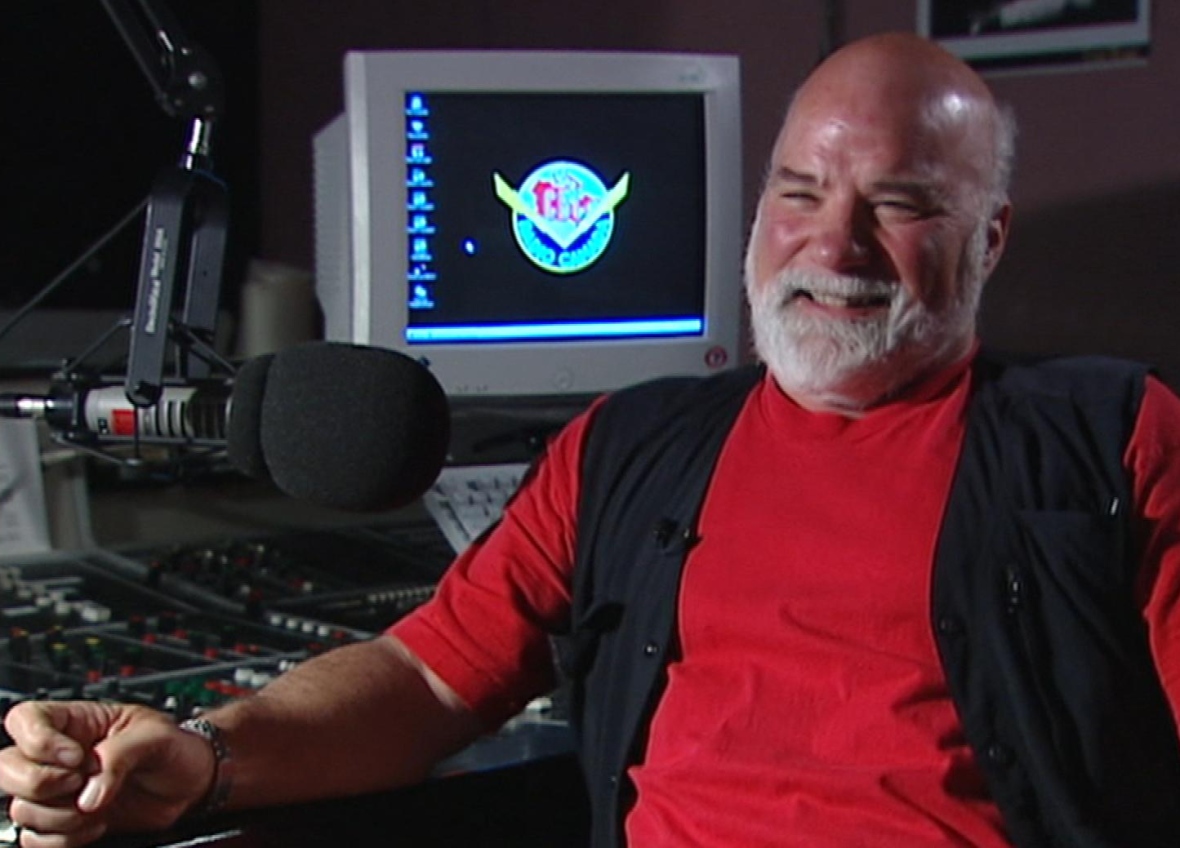
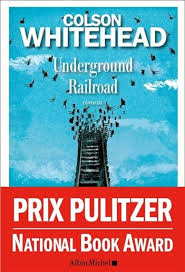

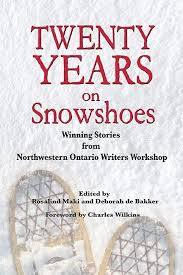










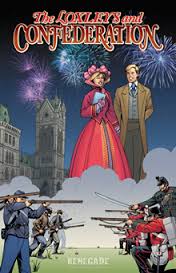

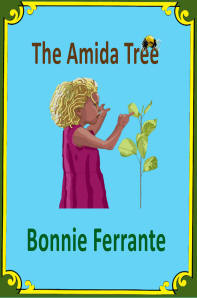
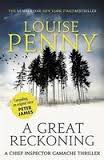


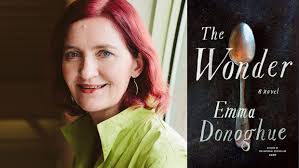


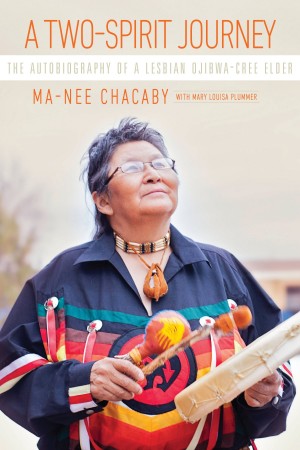
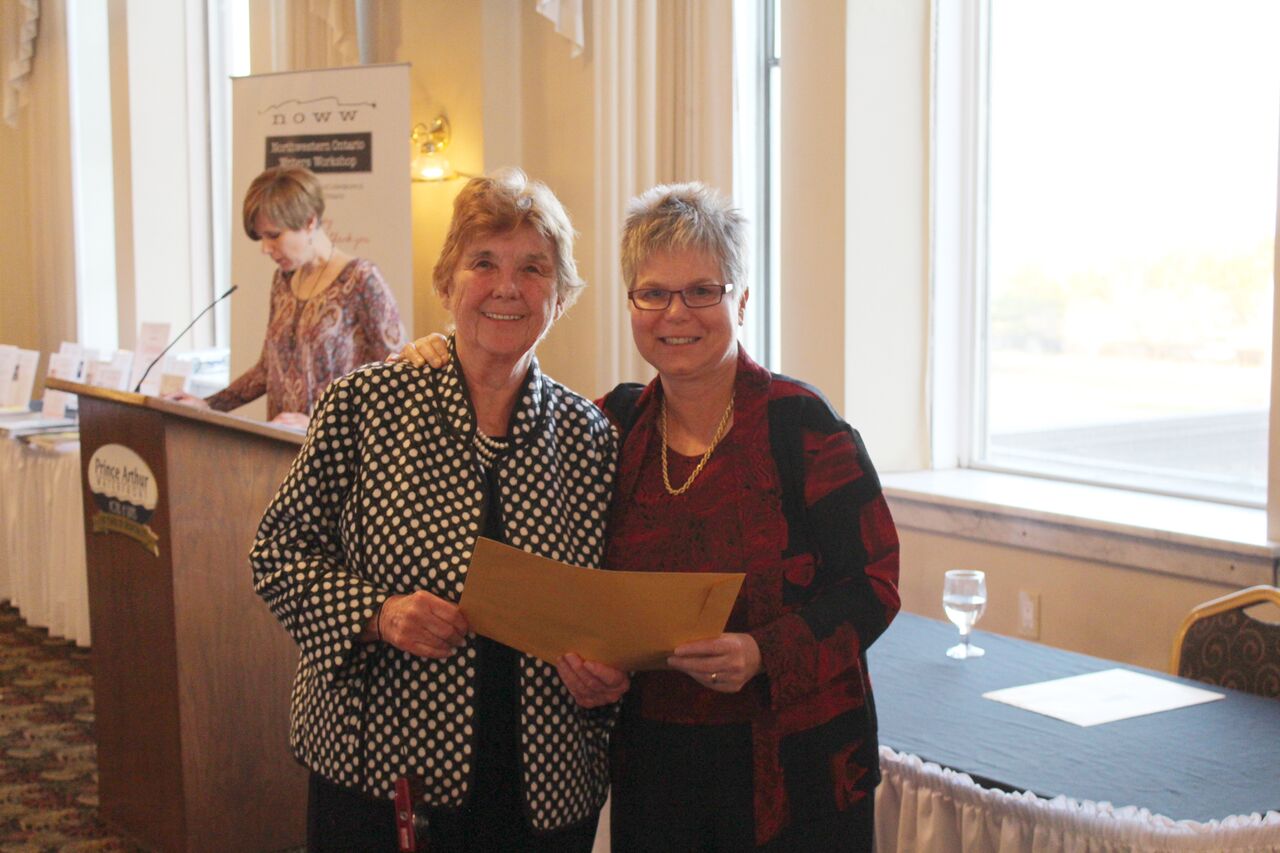








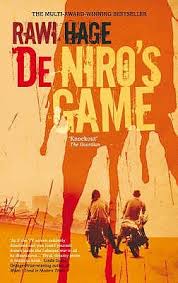

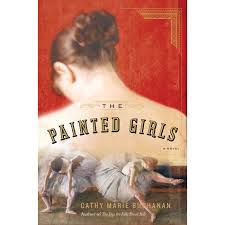
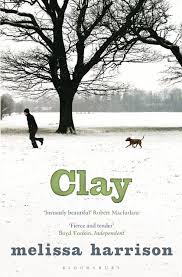




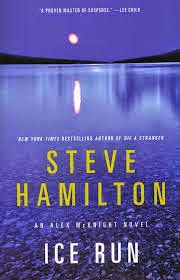
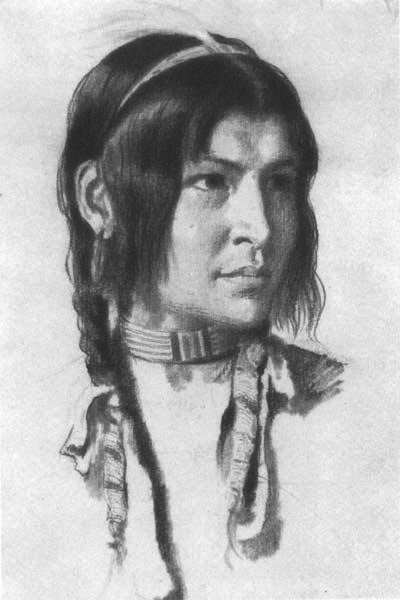


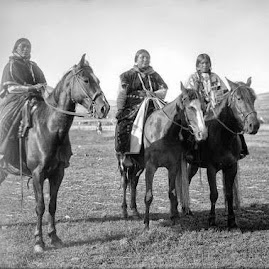
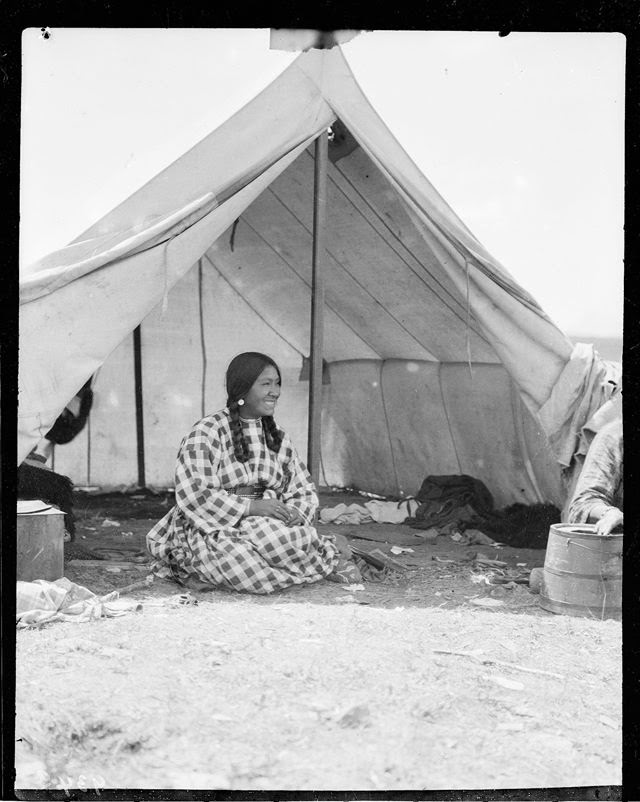
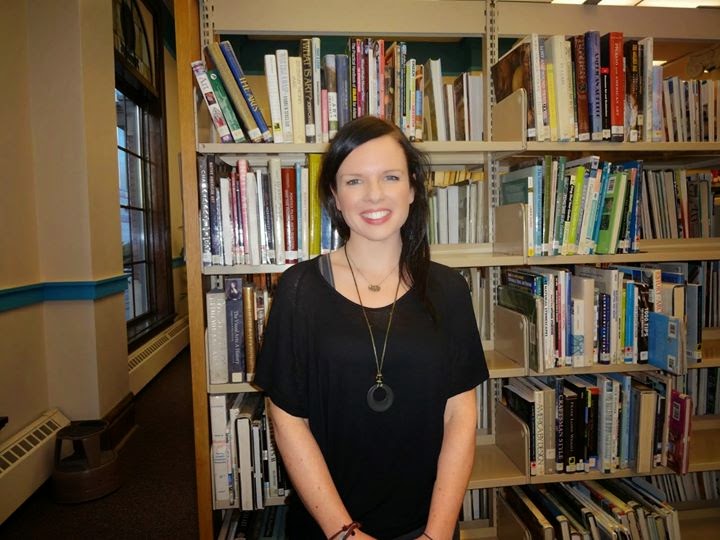






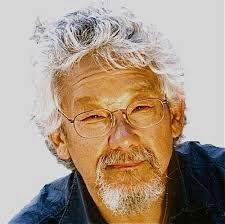







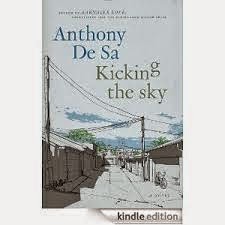









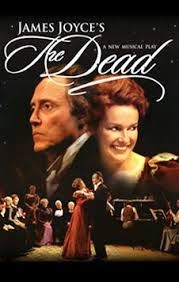

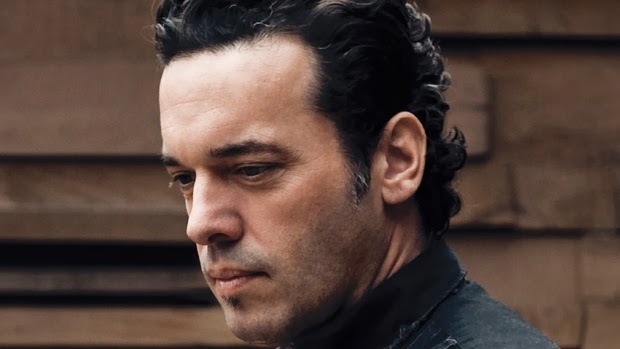





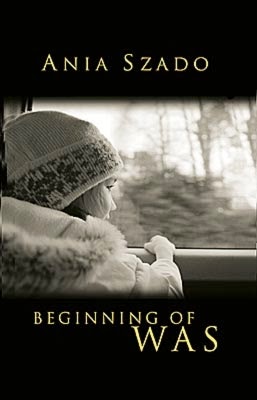

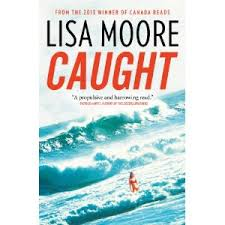

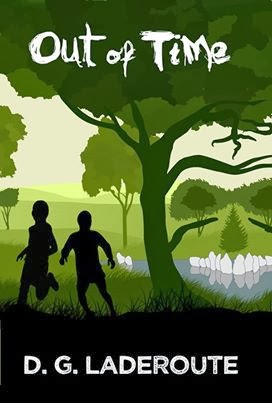
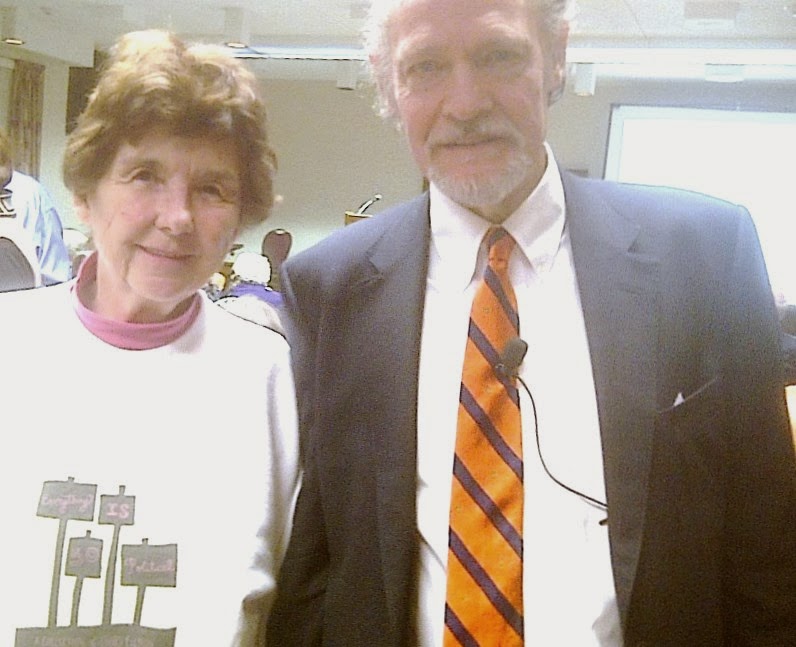
















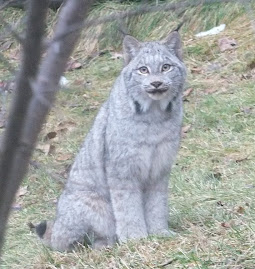





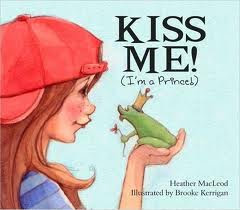




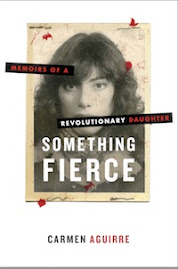

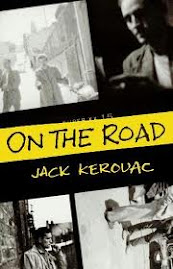

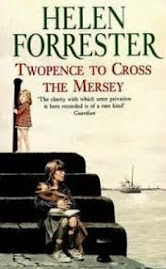
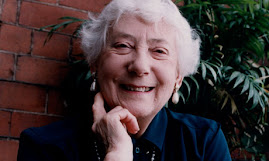



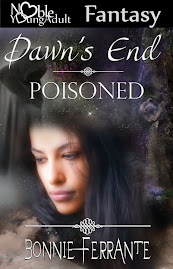

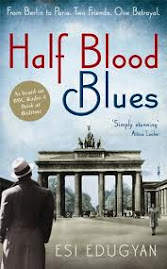
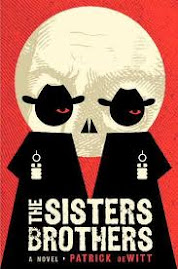
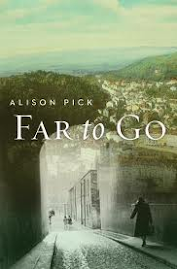

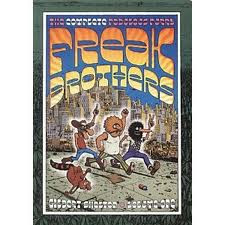
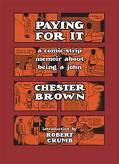
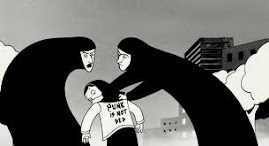
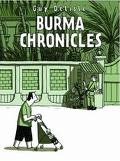





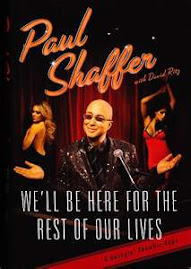














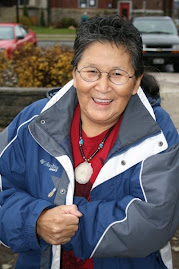












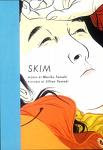




























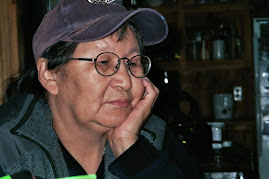




































No comments:
Post a Comment